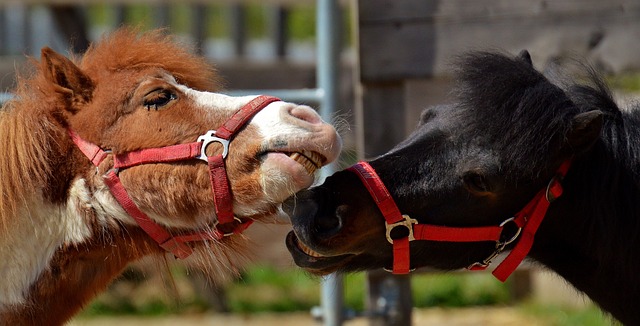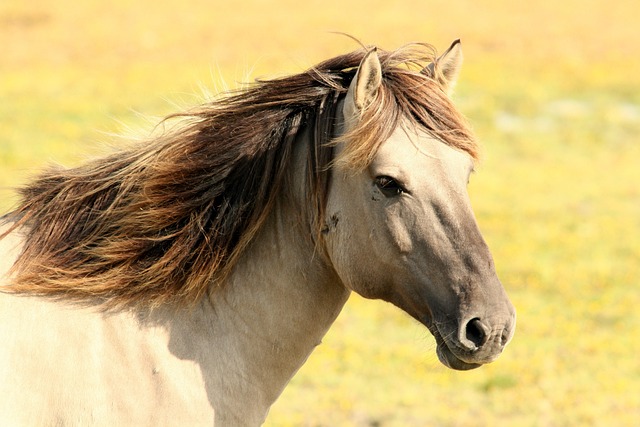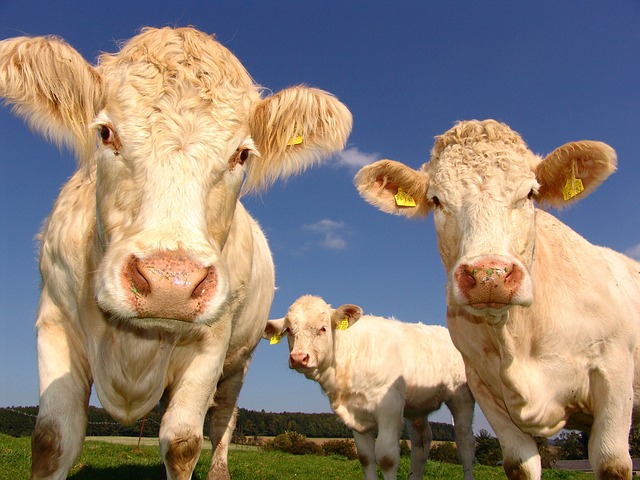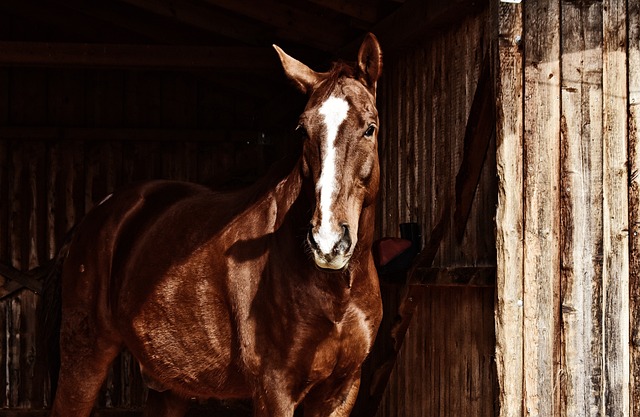
Fear and phobia
January 31, 2023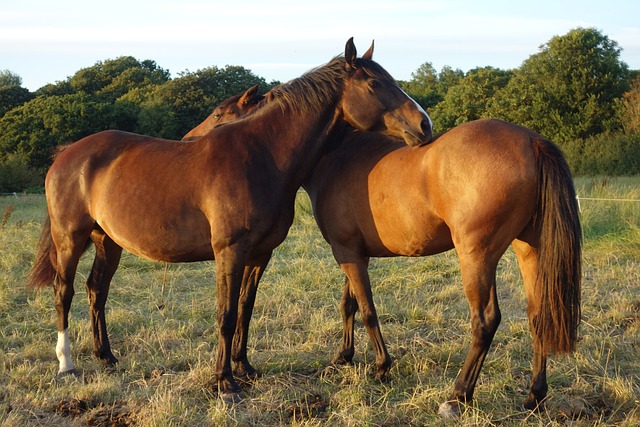
Mutual grooming
January 31, 2023“The Importance of Play Behavior in Horses: Understanding Object Play, Play Fighting, Locomotor Play, and Sexual Play”
Horses are highly social creatures that engage in a variety of behaviors, including play. Play is an essential aspect of a horse’s development and well-being, and it can help them to build strong social bonds, develop physical skills, and explore their environment. In this blog, we will explore the different types of play behavior in horses and why it is so important for their good welfare, especially in juveniles.
Object play refers to when a horse interacts with objects in their environment, such as toys or other objects. This type of play allows horses to explore their environment, test their physical abilities, and develop their cognitive skills. Object play is especially important for young horses, as it helps them to develop their problem-solving skills and to learn about the world around them.
Play fighting is another type of play behavior that is commonly observed in horses. Play fighting is typically characterized by aggressive behavior that is not intended to cause harm. Instead, play fighting is a way for horses to practice their social skills and to build bonds with other horses. This type of play is especially important for young horses, as it helps them to learn about dominance, submission, and other social dynamics.
Locomotor play is a type of play that involves physical activity and movement. This type of play allows horses to develop their physical skills, such as running, jumping, and exploring their environment. Locomotor play is especially important for young horses, as it helps them to develop coordination, balance, and endurance, which are essential for their future athletic abilities.
Sexual play is a type of play that is observed in sexually mature horses. Sexual play typically involves sexual behavior, such as mounting and dismounting, and it is considered an important aspect of a horse’s sexual development. This type of play is less common in young horses, but it can be an important indicator of their sexual maturity.
In conclusion, play behavior is an important aspect of a horse’s development and well-being, and it should be considered a primary behavior based on its importance and variety in young horses. There are several types of play behavior, including object play, play fighting, locomotor play, and sexual play, and each type of play plays a unique role in the good welfare of horses. By understanding the different types of play behavior and providing opportunities for play, horse owners can help their horses to develop important physical and social skills, and to live happy, healthy lives.

